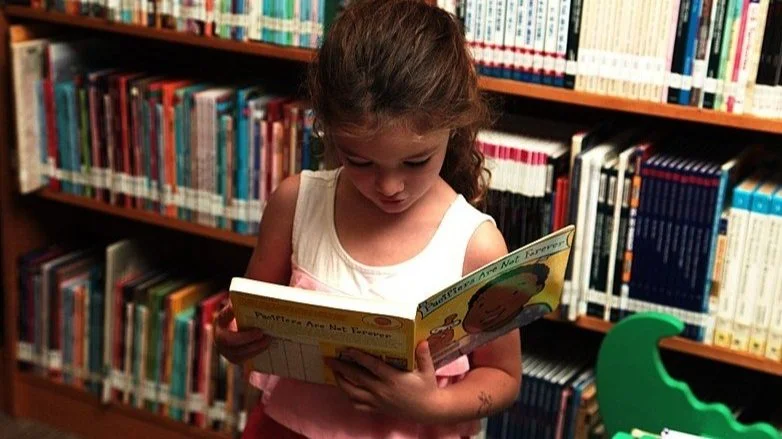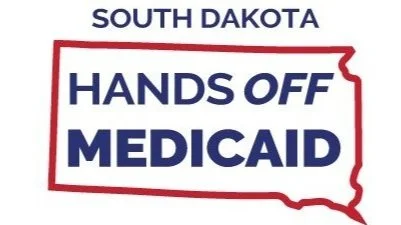Rural libraries in SD and the nation at risk as Trump administration freezes funding for library services
Federal grants often serve as the backbone of rural library services. Without their local library, many communities would lose access to basic resources. However, recent federal actions have placed critical funding for public libraries and museums in jeopardy.
Following an executive order from President Trump, the future of the Institute of Museum and Library Services (IMLS) has been uncertain. Staff were placed on administrative leave, and grant processing came to a halt.
The consequences are especially severe in rural areas. In Nebraska, where library funding varies by locality, federal support helps bridge gaps between city- and county-funded systems. Without it, rural patrons may face reduced hours, increased service fees, or loss of access altogether.
In 2024, Nebraska received more than $2 million in IMLS funding and South Dakota received $1.4 million, primarily through the Grants to States program. These grants support everything from technology upgrades and digital access to early literacy programs, staff training, and outreach services. In South Dakota, the funding freeze has already ended the interlibrary courier service, forcing libraries to rely on more expensive shipping options. Access to statewide databases and services for residents with disabilities are also at risk.
The IMLS represents a small portion of the federal budget — just 75 cents per American in 2024 — but plays a vital role in maintaining access to education, technology, and community services. Across the country, libraries have already begun scaling back. Some have lost access to digital platforms; others have paused national projects or eliminated services altogether.
Libraries and museums are essential civic infrastructure. If left unaddressed, the federal funding freeze will erode library services across the U.S., particularly in low-income, rural, and underserved communities. Weakening the agency that supports them threatens to unravel the public services millions rely on every day.
Madeline Faber is a Center for Rural Affairs policy associate. Established in 1973, the Center for Rural Affairs is a private, nonprofit organization working to strengthen small businesses, family farms and ranches, and rural communities through action oriented programs addressing social, economic, and environmental issues.
Photo: public domain, wikimedia commons
The South Dakota Standard is offered freely and is supported by our readers. We have no political or commercial sponsorship. If you'd like to help us continue our mission to advance independent political and social commentary, you can do so by clicking on the "Donate" button that's on the sidebar to your right.







